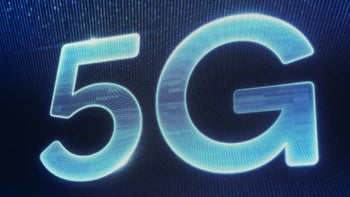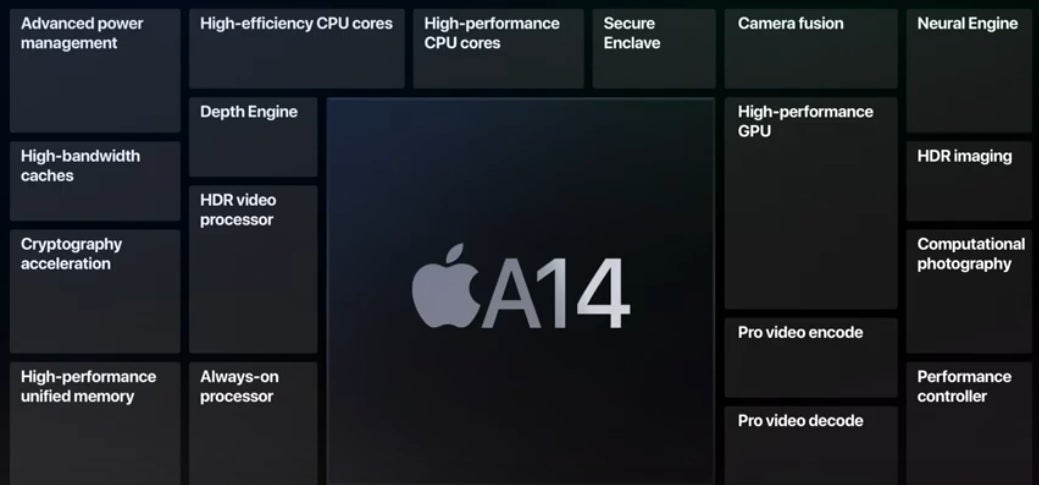TSMC's rumored actions could lead to higher prices for the 5G Apple iPhone 13 series

The top contract foundry in the world is Taiwan Semiconductor Manufacturing Company (TSMC). The company takes designs for chips made by companies like Apple (TSMC's number one customer), Qualcomm, MediaTek and others, and turns them into components used by devices including smartphones and tablets. During the beginning of the year, when a chip crunch was affecting automakers, there was speculation that the foundry would impose a 15% price increase on its wafers. Thus far, as we are days away from the end of the first quarter, TSMC has yet to raise the price for the firm's 12-inch wafers.
Rumor calls for TSMC to hike wafer prices by up to 25% next year
According to United News (via Wccftech), TSMC could raise the price of its 12-inch wafers by as much as $400 resulting in a 25% price hike and an all-time record high price. Last year, the foundry started shipping chips using its 5nm process node. This means that more transistors can fit into a square mm delivering more power and energy-efficiency. A good example of this is the difference between the 7nm A13 Bionic SoCs used on the Apple iPhone 11 series, and the 5nm A14 Bionic SoCs found inside the iPhone 12 Series. The A13 Bionic sports nearly 90 million transistors in each square mm with a total transistor count of 8.5 billion. The A14 Bionic has 134 million transistors per square mm with a total of 11.8 billion inside each chip. During the second half of next year, TSMC is expected to start shipping 3nm chips. The next-generation process node is forecast to deliver 25%-30% more power and 10% to 15% more performance at the same power levels.

The 5nm Apple A14 Bionic chipset is made by TSMC from Apple's designs
IC Insights says that last year TSMC generated revenue of $1,634 per wafer. And while the heavy demand for chips is supposedly forcing the company to have its employees working overtime, a rumor out of Taiwan suggests that TSMC is not including these extra hours when computing weekly working hours for its crew. It's not that the foundry can't afford to pay them. The company earned the equivalent of $18.5 billion last year, a record for TSMC, and a 50% gain year-over year. Samsung Foundry is TSMC's main rival and both are in lockstep when it comes to the production of chips using the latest process node. And while not exactly producing its components using the same process node as TSMC and Samsung, Intel plans to raise its game by spending $20 billion to enter the contract foundry business. Many experts believe that both TSMC and Samsung will be able to keep their technological advantage over Intel to stay on top of the industry.
The combination of strong demand for chips and low supply has reportedly enabled TSMC to walk back the discounts that TSMC's customers were able to negotiate from the foundry. Demand for products like tablets have been increasing due to the pandemic. And thanks to 5G, demand for handsets should be on the rise. However, there is a problem that TSMC faces along with other companies in the region. A lack of rain this year has created a serious water shortage; water is an essential part of the chip manufacturing process. Creating a 12-inch wafer requires the use of 2,200 gallons of water. Hsinchu City, home to TSMC, received only half the amount of rain in 2020 than it did the year before. Water reserves at last count are expected to last only through May. TSMC reportedly arranged for 100 water tankers to deliver water to their facilities. Taiwan failed to get hit by a typhoon last year which has helped to create the drought like conditions in the country.
Should TSMC decide to hike wafer prices by 25% and cancel previous negotiated deals, consumers could find themselves shelling out more money than budgeted for new smartphones and other devices.










Things that are NOT allowed: